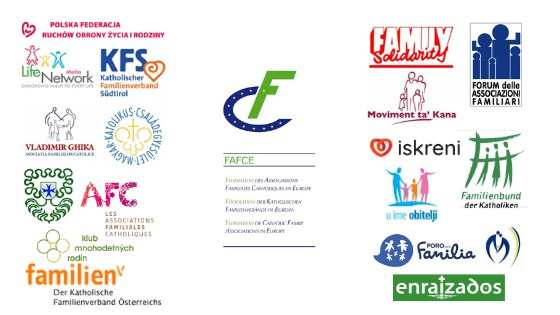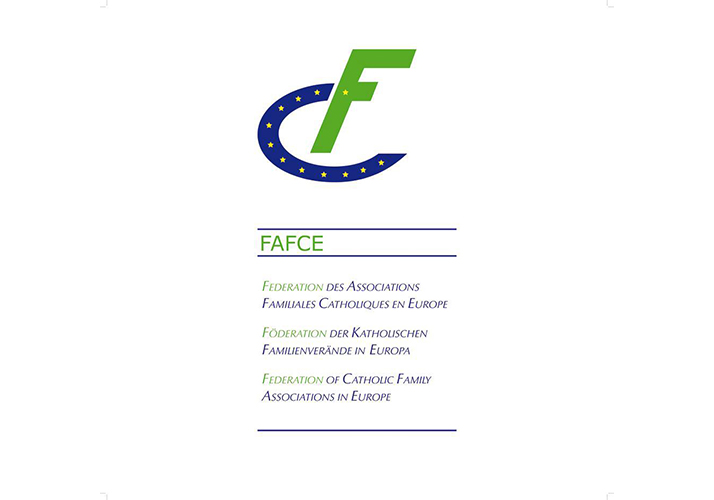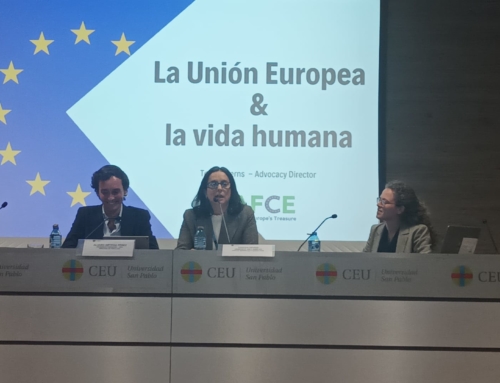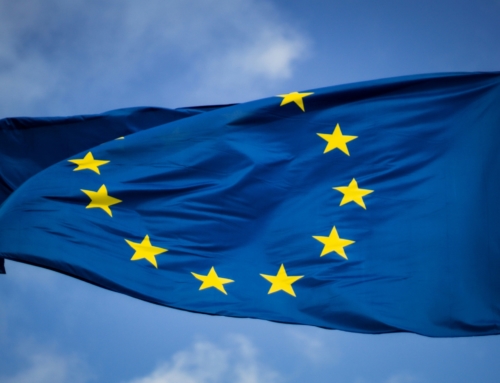The French government wants to extend marriage, adoption and medically assisted procreation to same sex unions, what is at stake?
What is the law about?
The legal proposal is considered by the Government as a matter of equality. In addition the Minister of Legal Affairs Christiane Taubira has several times spoken of a « reform of civilisation ».
Article 143 of the Civil law (code civil) would be amended as follows: “Marriage is contracted by two persons of different or same sex”.
The extension of marriage to same sex unions introduces ipso facto the right to adoption for same sex couples. Such a change would shift the foundation of filiation from the biological link between a child and his or her father and mother, to a cultural and social understanding of filiation, and as such would also introduce a “right to a child”.
The words ‘husband’ and wife’, ‘father’ and ‘mother’ would be replaced by the neutral ‘spouse’ and ‘parent’ in several places in the civil law if the proposal is adopted.
The proposed law is promoted as creating access to parenthood for same sex couples through the “mechanism” of adoption; in fact, it would create a new type of parenthood, which immediately leads to a call for the opening of Medically assisted procreation (assisted reproductive technology) to two women. However, as of today, this provision is likely to be included in another law on the family due to be presented in March. There are tensions within the left wing groups of the first chamber about this aspect. Some parliamentarians of the Ecologist group (part of the Government) wish to include this provision of medical assisted procreation in the current proposal on marriage.
The first chamber, Assemblée nationale, will examine the proposal in first reading starting on 29 January. The agenda includes three days of debate on the proposal.
Why is it controversial?
In the name of anti-discrimination France is about to change the institution of marriage in order to extend it to two people of the same sex. The law proposal (‘projet de loi’) on “marriage for all” (mariage pour tous) also includes provisions for opening adoption to same sex couples, as well as granting them medically assisted procreation.
The European and International private or human rights law do not impose any modification of the law: civil marriage is an institution of the French Republic, created to protect women and born and unborn children, and grant a legal status to the children born in wedlock, it is based on the sexual difference of the couple as shown in several articles of the civil law (Code civil) which is the very law that the proposal wishes to change.
Same sex couples are hence not concerned by this institution; the proposal, including the right to adoption (a consequence of the reasoning behind the institution of marriage and its protective character) would create an artificial access to filiation. This is an upheaval of all the landmarks of the society, and the creation of a ‘right to a child’ which, in the name of equality, would feed the claims for all forms of scientific procreation (as opposed to natural procreation).
Why does the French Government want to pass this law?
This was one of the electoral promises of President François Hollande, elected in May 2012. The Government presents the proposal as an issue of equality of rights. However, as France is currently in a deep economic and social crisis, it appears that the government wishes to pass this measure which is not costly in economic terms and that helps to divert the attention of the public opinion.
Civil society mobilization
300 000 persons already demonstrated in favour of the maintenance of the current law,
– in favour of the maintenance of marriage between man and woman only
– in favour of maintaining the current law regarding adoption (two people of the same sex cannot adopt)
– in favour of restricting medically assisted procreation to couples (man and woman) only
A first demonstration took place in Paris on 17 November and was followed by demonstrations in several main cities on 8 and 9 December.
In addition, many petitions and calls to contact the government, parliamentarians and locally elected politicians have been organized.
A counter demonstration, in favour of the new law, took place in Paris on 16 December with approximately 60 000 people.
The first national demonstration against the new law on 13 January
On 13 January, the first national demonstration will take place in Paris. According to the French media it is expected to gather several hundred thousand people. The “demonstration for all”, Manif pour tous, is organized by a collective of more than 30 civil society organizations and movements, ranging from homosexual associations to Jewish, Muslim and Christian organizations, one of them is the French Catholic Family Associations (CNAFC), founding member and currently holding the Presidency of the FAFCE.
The purpose of this demonstration is to encourage the President François Hollande to resume his courage and withdraw the legal proposal. According to the CNAFC, the President’s responsibility is at stake as the issue seriously divides the French people at a moment where it on the contrary needs to unite in order to face the economic and social crisis.
Information about the demonstration is available here and here (in French).








